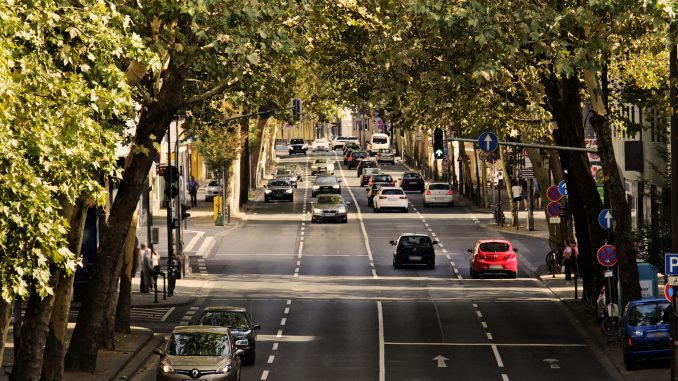
Self-driving cars are supposed to be the next big thing. But how do consumers feel about them?
According to a study carried out by the University of Washington, consumers aren’t too enthusiastic about a future rollout of driverless car technology.
The researchers surveyed over 500 US consumers. They found that consumers didn’t feel ready to let their cars drive for them, and many felt more comfortable being in control in the driver’s seat.
In the survey, participants were asked whether they would prefer to drive themselves or use a rideshare app for a 15-mile drive. Half of the participants were told that the rideshare would be in a self-driving vehicle.
After collecting the responses, they found that money was a key issue. According to researcher Don MacKenzie, “the idea here is that ‘time is money,’ so the overall cost of driving includes both the direct financial costs and the monetary equivalent of time spent traveling.”
The researchers estimated that rideshares were valued at around $21 an hour. But when reminded that they could multitask in a rideshare, the price dropped to $13, as the participant was reminded that the transport was cost effective.
They also found that, when the participants were told about the driverless aspect, their cost went up to $28 an hour. Although rideshares were more popular when the participants were driving. But when they knew it was an automated car, they weren’t so keen.
The researchers believe that a lack of consumer confidence is the biggest drawback, with many being unsure of how they will operate of having concerns about the safety of the technology.
Don MacKenzie added: “We believe that our respondents are telling us that if they were riding in an automated vehicle today, they would be sufficiently stressed out by the experience that it would be worse than driving themselves.”
“This is a reminder that automated vehicles will need to offer benefits to consumers before people will adopt them. The average person in our sample would find riding in a driverless car to be more burdensome than driving themselves. This highlights the risk of making forecasts based on how people say they would respond to driverless cars today.”


Leave a Reply